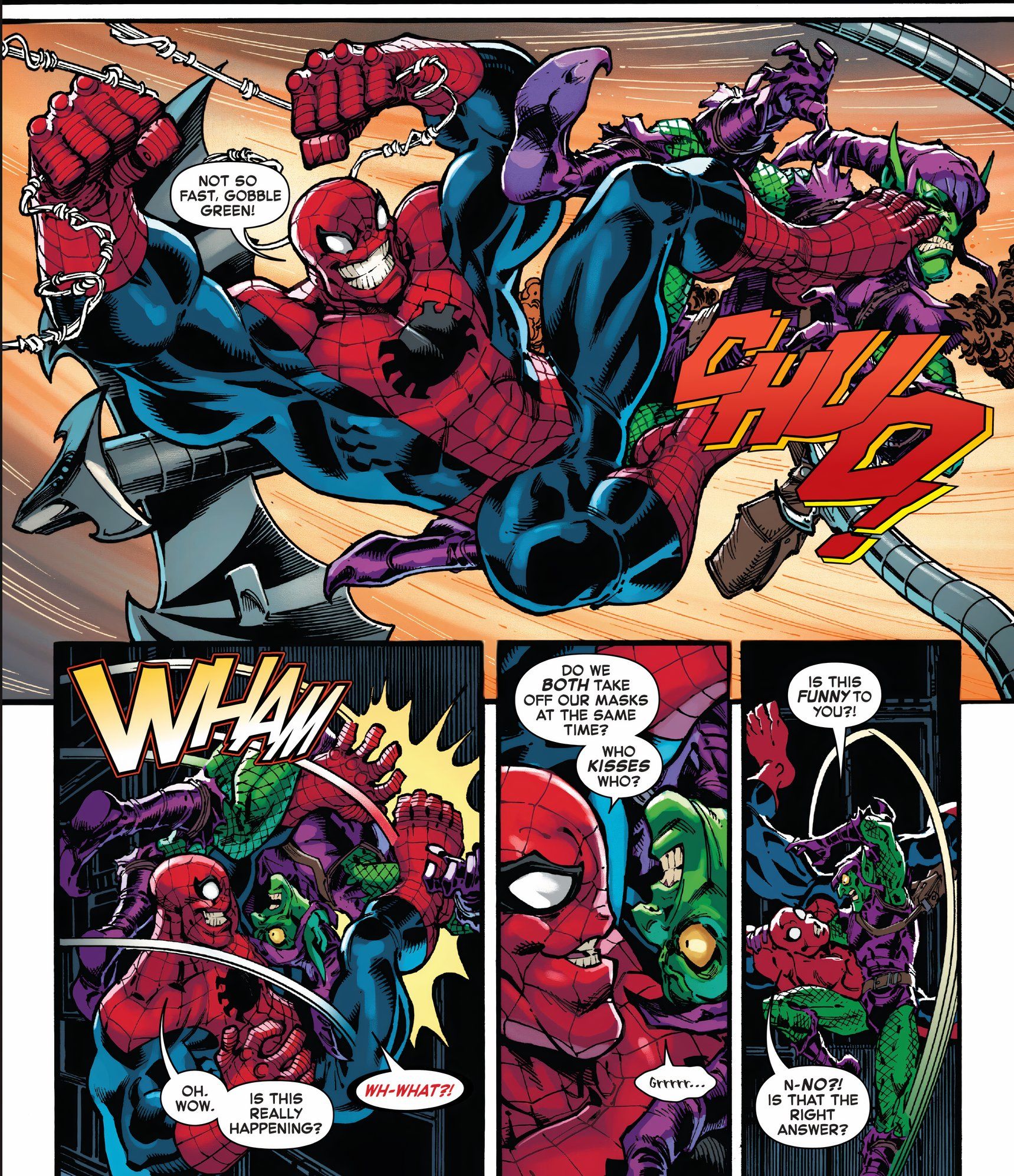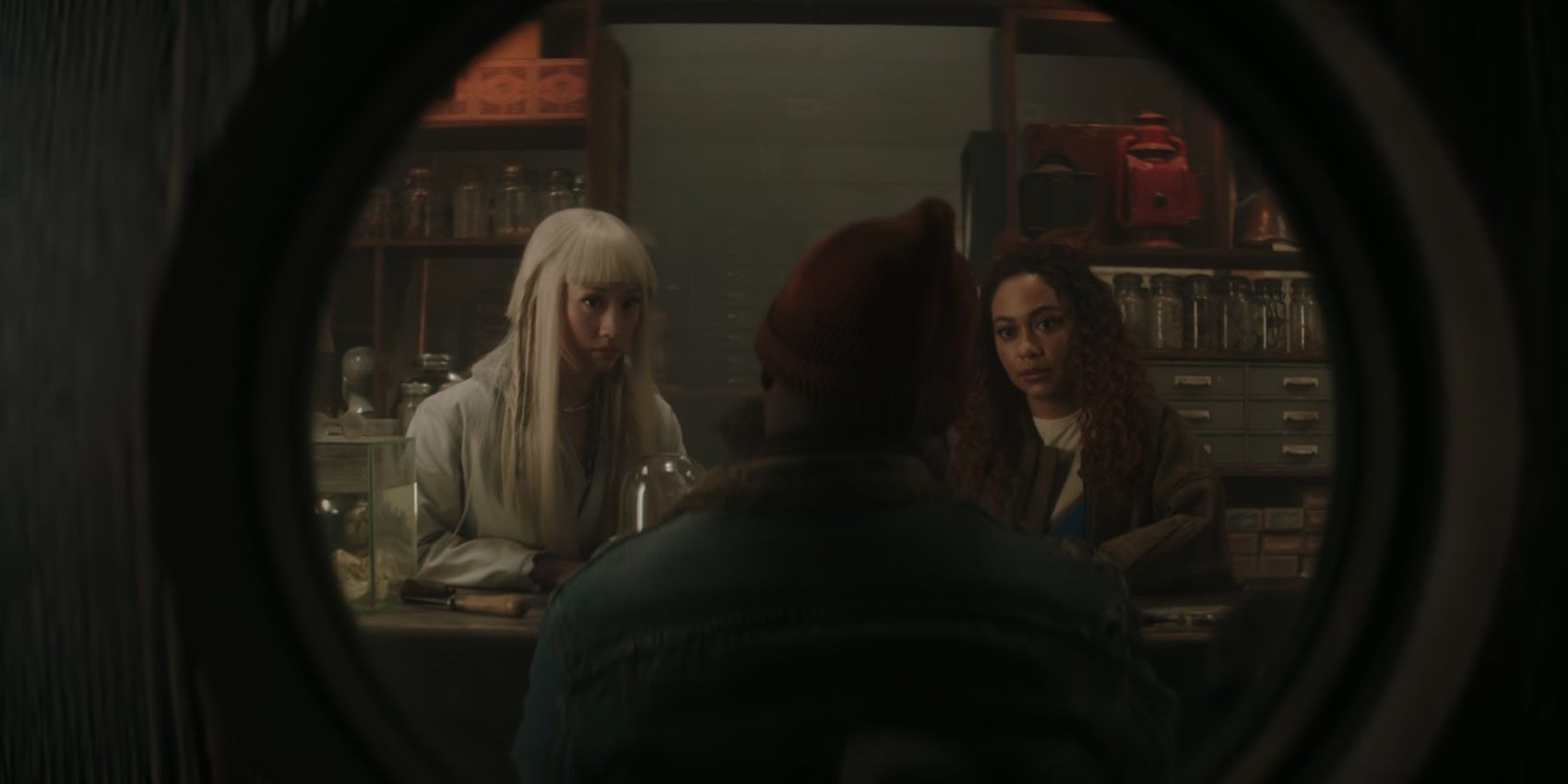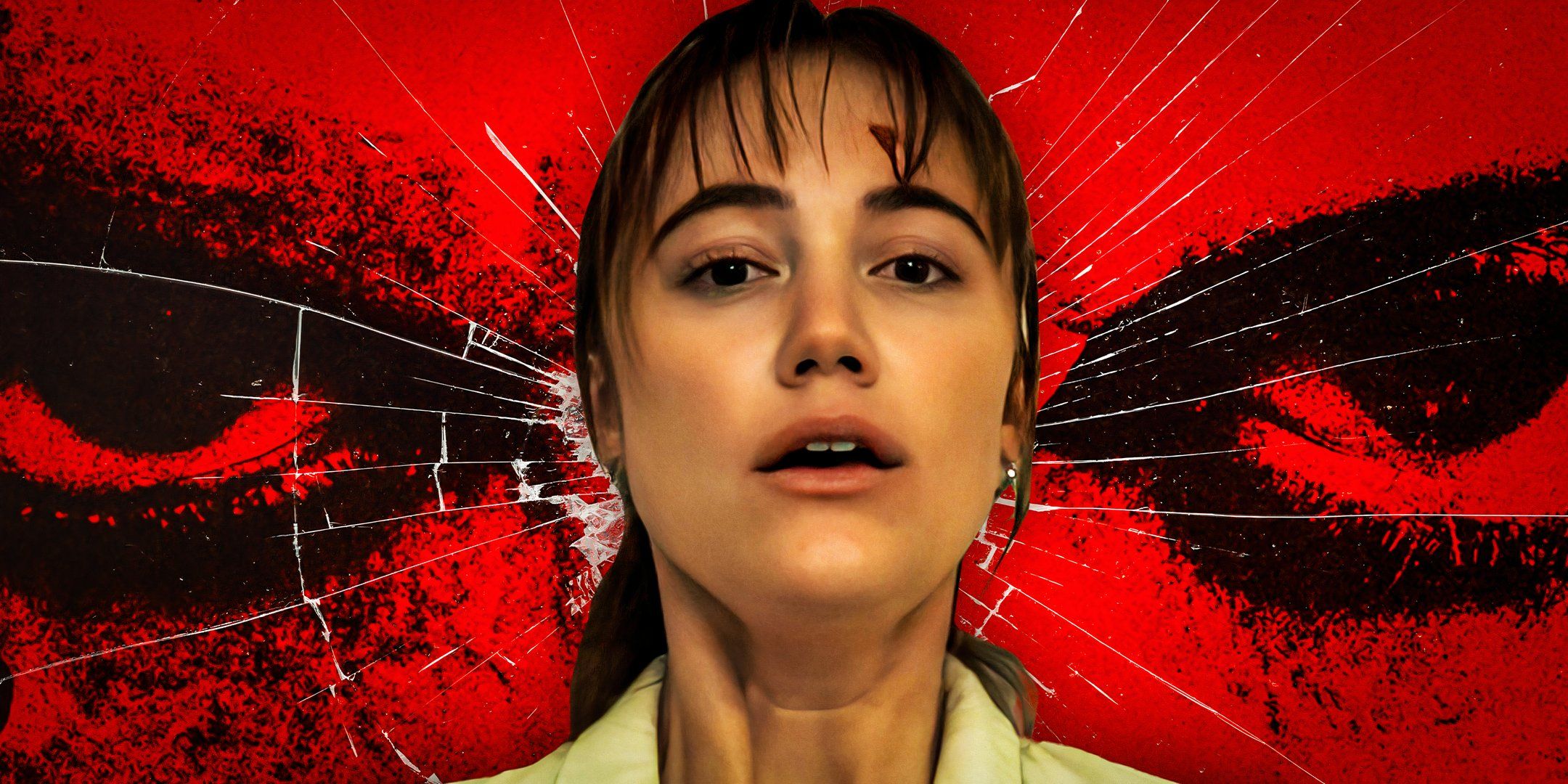The Chapelwaite TV show is based on a short story by Stephen King but makes drastic choices to the source material. The Epix adaptation, created by Jason and Peter Filardi, tells the story in a different way, makes major changes to the central character Charles Boone, and expands the story to include multiple perspectives. In doing so, it uses King’s throwback story as a springboard for a vaster narrative of ancestral horror in 19th-century America.
“Jerusalem’s Lot” was first published in King’s 1978 collection Night Shift. The story focuses on Charles Boone, who has inherited a large house from his cousin Stephen. Shortly after moving in, he learns that his family has been shunned by the nearby town of Preacher’s Corners, who believe that the house is “bad” in a spiritual way. Haunted by the sound of whip-poor-wills and rats in the walls, Charles eventually discovers his family’s shadowy past and that some of his relatives may not be as dead as he thought. King was so interested in the concept of vampires in the still Puritan-influenced world of early 1800s New England that he expanded the concept into a full novel, called Salem’s Lot, but Chapelwaite is an adaptation of the original short story.
All of the above plot points are carried over into the Epix adaptation. Adrien Brody plays the central role of Charles Boone. However, the series changes just about everything else other than this central premise. Some of these changes are necessary to flesh out a 20-page story into a 10-hour TV story, while others reflect how times have changed in the over 45 years since the original story’s release.
Chapelwaite’s Story Is Told Differently
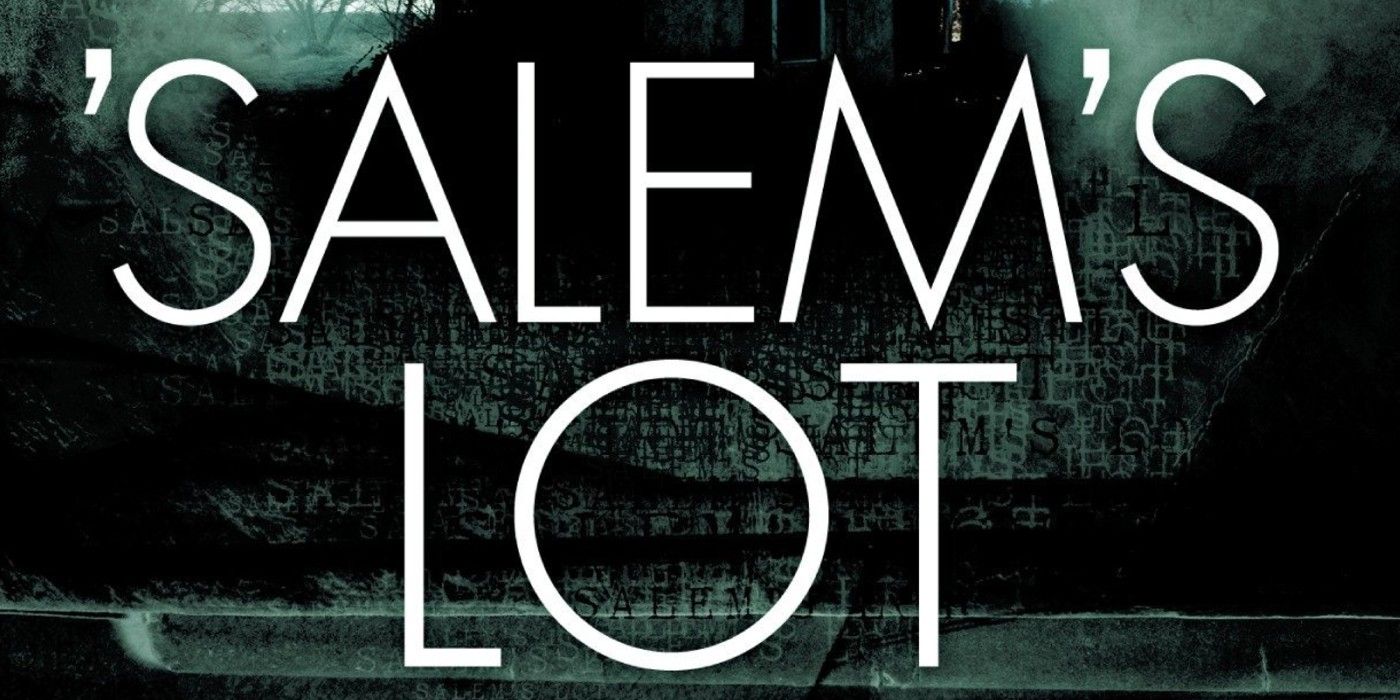
Many Stephen King stories have become movies, but “Jerusalem’s Lot” poses unusual adaptation challenges. The original story is epistolary fiction, meaning that it’s told in the form of letters, diary entries, and other in-universe documents. This structure, the found footage movie of its day, was common in the 18th and early 19th century when the novel was still a fairly new format. “Jerusalem’s Lot” is a homage to the Gothic fiction of the era, much of which was written in King’s beloved New England. Ann Radcliffe, a very popular British novelist of the era, is referenced in the story, but the most obvious influences are Nathaniel Hawthorne and Edgar Allen Poe, who many movies have also adapted or drawn inspiration from.
There’s no obvious way to adapt this structure to the small screen, and Chapelwaite doesn’t really try. There is some voice-over narration of Rebecca’s diary and other writing, but for the most part, the television series tells its story from the perspective of a seemingly neutral third-person camera. This removes some of the mystery of the original story but does allow the television series to include a wider perspective of Chapelwaite and Preacher’s Corners than Charles’ perspective alone could.
Charles Boone Is Completely Changed
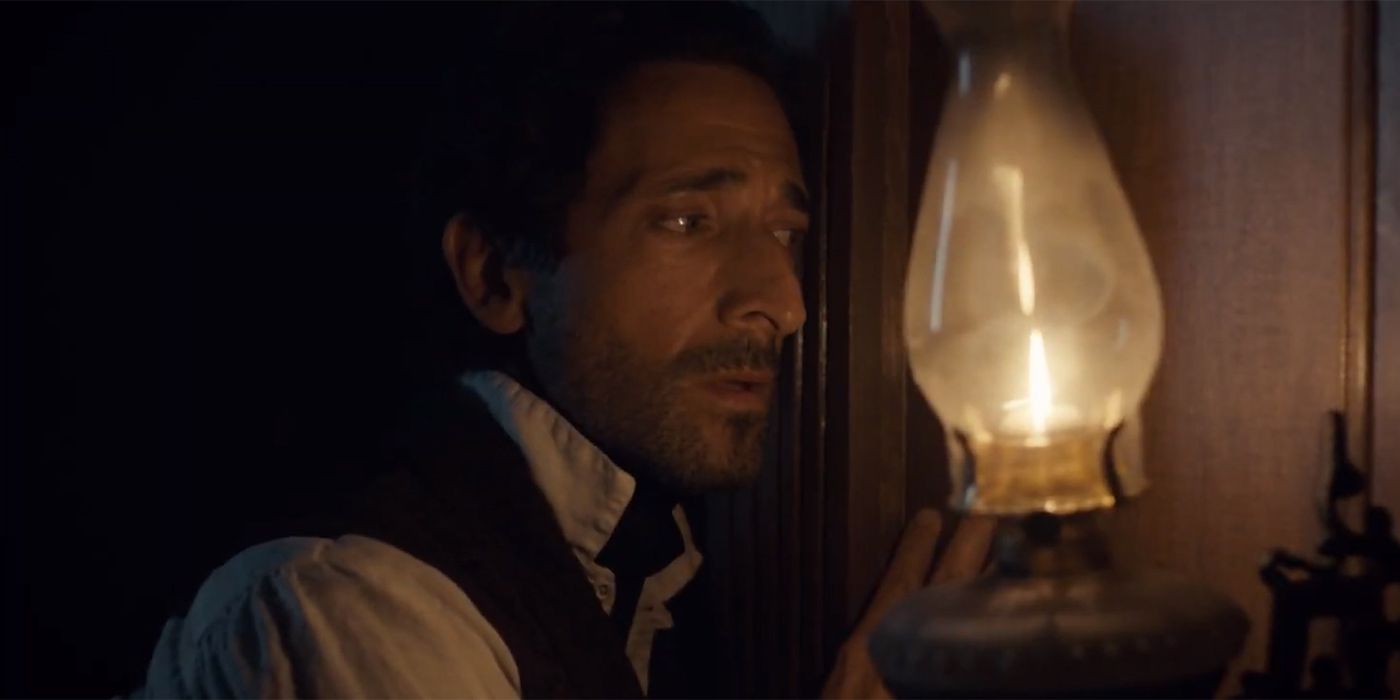
King’s Charles Boone is a fairly conventional aristocrat who moves into the house with his manservant Calvin. His wife Sarah has died, leaving him childless and prone to fits of illness. Charles is part of the abolitionist moment opposing slavery but seems to be a fairly genteel and passive advocate.
The Charles that Adrien Brody plays, by contrast, is a sailor with a forceful and determined personality. Instead of a servant, he is accompanied by three children he had with his late wife, a Pacific Islander. This casting allows Chapelwaite to add diversity to its cast and highlight the racism that dominated society in 19th century America. The TV series also adds a mill to the land that Charles inherited, and gives him the ambition to grow the business and build ships. This brings him into conflict with the nearby town of Preachers’ Corners, where he longs to be accepted, unlike the Charles Boone of King’s story.
Preachers’ Corners is Developed More

While Charles is the central character, Chapelwaite is much more of an ensemble piece than the original King story. Chapelwaite features a large cast and more fully develops the town of Preachers’ Corners as a setting with its own social rules and economy. In the original story, there are only occasional references to the town, whose residents are terrified of the Boone family house. The only named character is Thompson, a cowardly workman, who in Chapelwaite is the rebellious leader of the mill workers.
The TV series adds a number of characters and plotlines related to the town. These include Rebecca Morgan, an aspiring author who becomes the governess to the Boone children; Martin, a conflicted priest having an affair with a young woman; and Mary, a sickly woman who is the victim of a vampire. Chapelwaite also provides more of a justification for the town’s hatred of the Boones, suggesting that the TV series’ vampires are related to a sickness created by the mill.
The Story Has a Lovecraftian Ending
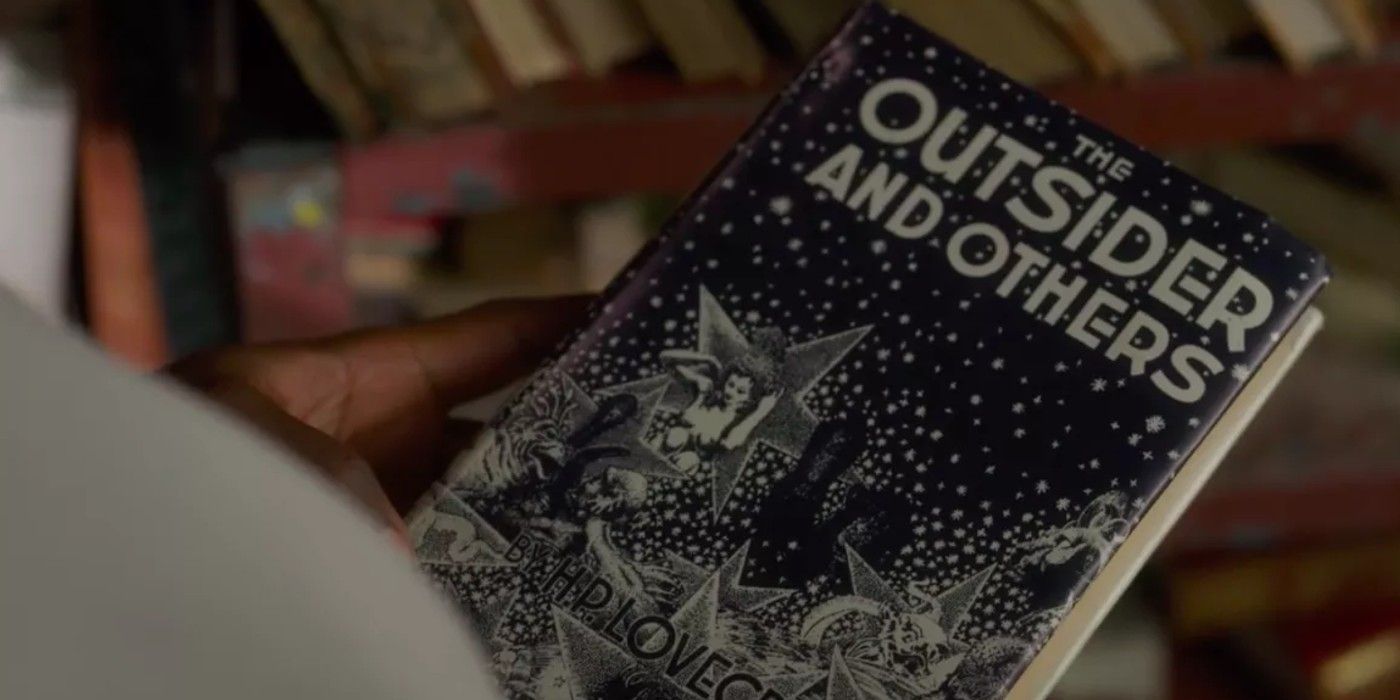
The short story also provides something the series does not yet have: a conclusion. King’s Charles Boone goes to the abandoned town of Jerusalem’s Lot to confront his family’s legacy. He has learned that his ancestor James Boon was a religious fanatic who split off from the broader Puritan community and founded a cult. At the time of the story, almost a century later, James is still alive as a vampiric figure.
Charles and Calvin go to Jerusalem’s Lot to destroy the mystical book that provides James with his power. However, in the process, they summon a monstrous worm, an ancient deity. There are references to the works of H. P. Lovecraft, the influential and controversial horror author who inspired Lovecraft County and countless other works. Charles kills himself, believing that he must bring the cursed Boone line to an end. However, a postscript informs the reader that the family line has actually survived to the present day, and their madness may not yet be over.
Chapelwaite has already made some major changes to the mythology of “Jerusalem’s Lot”, such as introducing a group of vampires called the Promised. They seem to worship a worm god called Jakub, which is similar to the Lovecraftian worm of King’s story. Only time will tell how much of the original ending of “Jerusalem’s Lot” is used in Chapelwaite.



